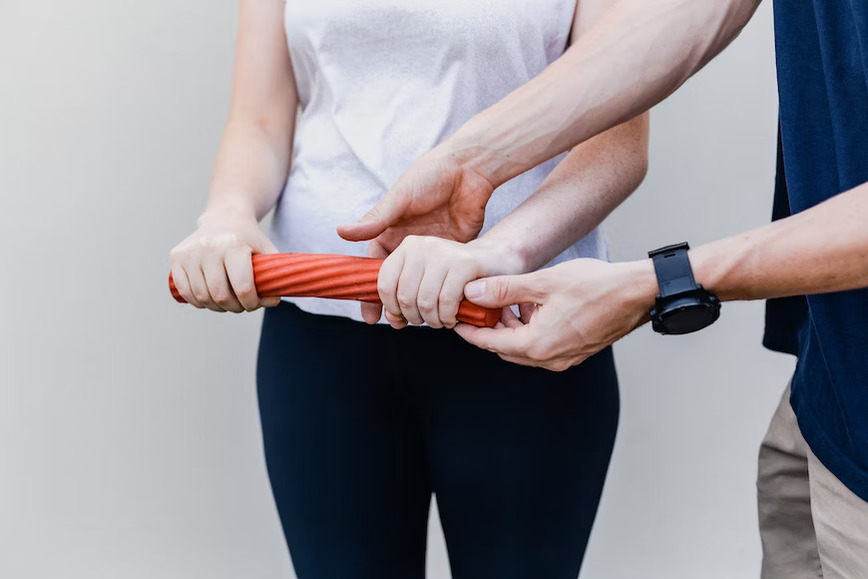Top Tips for Medical Rehabilitation Following Surgery

Medical rehabilitation is crucial for restoring and enhancing the functional abilities and quality of life of people who have undergone surgery. The rehabilitation helps people regain body functions they lost due to medical conditions by implementing a multidisciplinary approach that addresses physical, cognitive, emotional, and social aspects of recovery. Medical rehabilitation after surgery includes nutrition rehabilitation and neurological rehabilitation.
Medical rehabilitation is provided by a team of healthcare professionals, including physicians, physiotherapists, occupational therapists, speech-language pathologists, psychologists, and nurses. With the constant support of a team of healthcare professionals, patients receive a combination of therapies that help them to regain independence, mobility, and functionality, ultimately enhancing their overall well-being. This comprehensive approach focuses on promoting recovery, enhancing the quality of life, and minimizing long-term disability.
Rehabilitation therapy aims to improve many body functions at various levels, including bowel and bladder problems, chewing and swallowing, problems like thinking or reasoning, movement or mobility, speech, and language. The following are the top factors to consider for medical rehabilitation to optimize your rehabilitation journey-
1. Start early
Begin the rehabilitation therapy as soon as your doctor permits. Often, rehabilitation after surgery begins while the patients are still in the hospital, recovering from the surgery. Neurological rehabilitation programs are tailor-made considering the health condition and other factors of the patient. Neurological rehabilitation includes physical therapy to help regain strength, mobility, and flexibility. Further, it also focuses on occupational therapy that helps in relearning daily activities. So, follow the therapy regimen actively and participate in the exercises to achieve functional independence.
2. Follow a Nutritious Diet
Nutrition is a key factor in supporting the healing process. Ensure having a balanced and nutritious diet full of essential vitamins and proteins that promotes tissue repair and improves the cell regeneration process. Consider nutrition rehabilitation for nutrition management that improves functions and activities.
3. Consider neurorehabilitation
For individuals recovering from neurological conditions or surgeries, specialized neuro-rehabilitation techniques can facilitate recovery and enhance neuroplasticity. A neurorehabilitation specialist will help to implement techniques and determine the most suitable approaches for your condition.
4. Focus on Neurological Rehabilitation
Neurological rehabilitation is a form of rehabilitation that assist patients in regaining their motor skills, improves coordination, and addresses cognitive and sensory impairments. Medical rehabilitation considers neurological rehabilitation by developing a personalized rehabilitation plan tailored to meet the unique needs of each patient.
5. Engage in Mental and Emotional Support
Surgeries due to illness or trauma are not physically demanding but affect patients emotionally. If facing any psychological challenges, it is best to address them and seek support from mental health professionals and counselors. Maintaining a positive mindset throughout the rehabilitation therapy can accelerate the rehabilitation process.
Besides taking these measures, be consistent with your medication. Adhere to the prescribed medication and follow the instructions of the healthcare provider for a speedy post-surgical recovery. Once you consistently follow your medical schedule, keep track of your progress. Ensure a proactive approach and stay motivated throughout the rehabilitation journey.
Medical Rehabilitation after surgery gives your body adequate rest and ample time it needs for recovery. If you resume daily activities, ensure to balance them with adequate rest periods. The journey of medical rehabilitation post-surgery requires patience, but if done with careful attention and dedication ensures proper healing. By following these measures and focusing on neurorehabilitation and nutrition rehabilitation, you can enhance your recovery, regain your strength, and improve your overall well-being.



